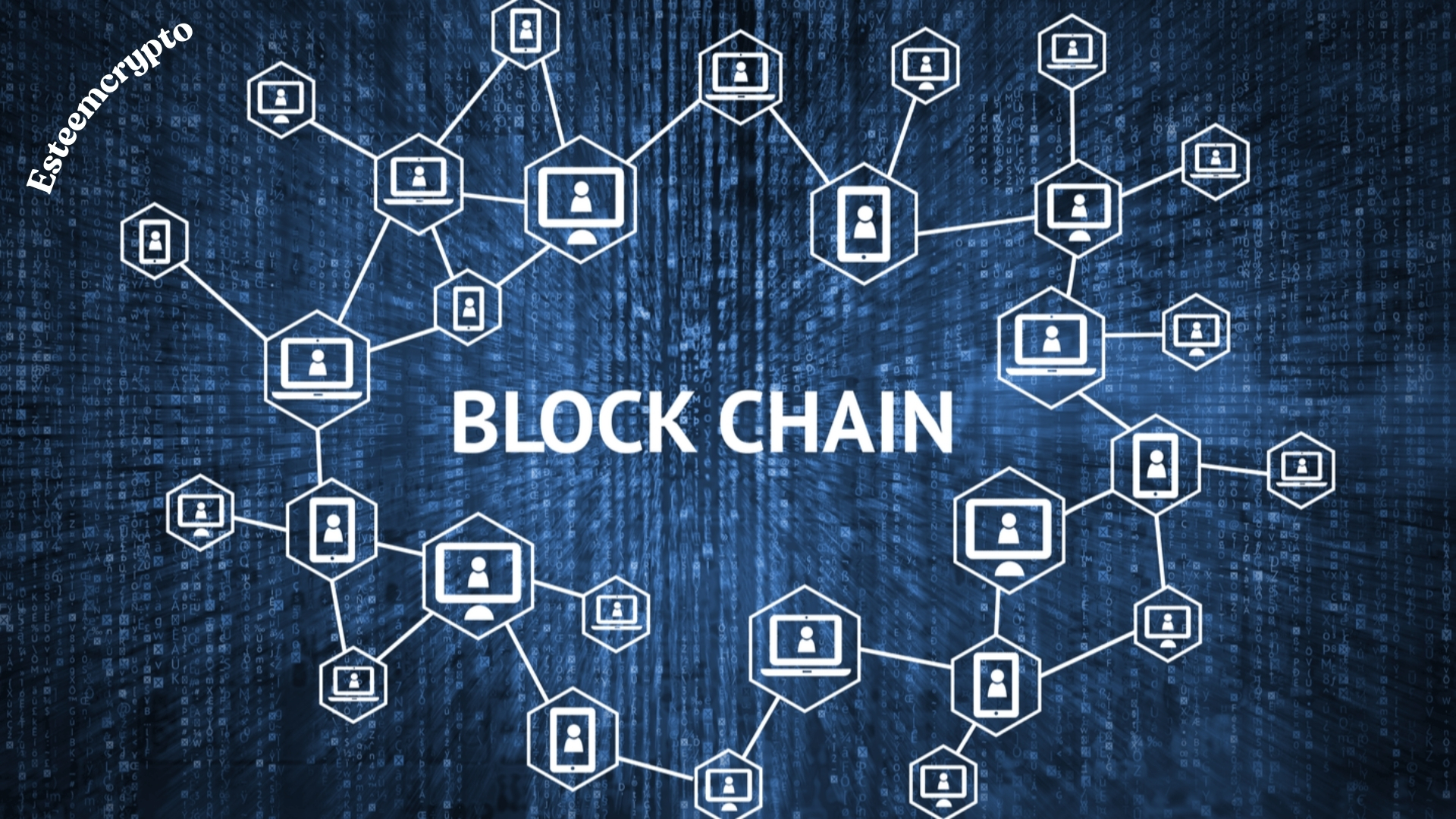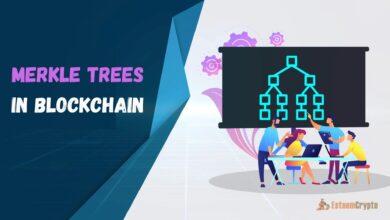Blockchain Technology: Revolutionizing the Digital World

Blockchain Technology: Technological advancements have transformed every aspect of our lives, and blockchain technology stands at the forefront of this digital revolution. Initially designed to support cryptocurrencies like Bitcoin, blockchain has evolved into a versatile and powerful tool, disrupting industries far beyond finance. But what makes this technology so revolutionary, and how is it shaping the digital world? What is blockchain? A Complete Guide Let’s delve into the transformative impact of blockchain technology.
What is Blockchain Technology?
At its core, blockchain is a decentralized, distributed ledger that records transactions across multiple computers. Unlike traditional databases controlled by central authorities, blockchain ensures transparency, security, and immutability. Each transaction is stored in a “block,” and these blocks are linked together in a “chain,” creating a chronological and tamper-proof record.
Key Features of Blockchain
- Decentralization:
Blockchain eliminates the need for a central authority by distributing data across a network of nodes. This ensures that no single entity can control or manipulate the data. - Transparency:
Transactions on a blockchain are visible to all participants in the network, fostering trust and accountability. - Security:
Advanced cryptographic techniques safeguard data on the blockchain, making it highly resistant to hacking and fraud. - Immutability:
Once a transaction is recorded, it cannot be altered or deleted, ensuring data integrity.
How Blockchain is Revolutionizing Industries
 Blockchain’s unique features have made it a game-changer across various sectors:
Blockchain’s unique features have made it a game-changer across various sectors:
1. Finance and Banking
Blockchain’s ability to process secure and transparent transactions has revolutionized the financial industry. It enables faster cross-border payments, reduces transaction costs, and enhances security through smart contracts—self-executing agreements with predefined conditions.
2. Supply Chain Management
With blockchain, businesses can track products throughout the supply chain, ensuring authenticity and transparency. This is especially critical in industries like food, pharmaceuticals, and luxury goods.
3. Healthcare
Blockchain is transforming healthcare by securely storing patient records, streamlining medical research, and ensuring data privacy while enabling easy sharing among authorized stakeholders.
4. Real Estate
Smart contracts are revolutionizing property transactions by eliminating intermediaries, reducing fraud, and speeding up the buying process.
5. Government and Voting Systems
Blockchain is being explored for secure voting systems, where each vote is tamper-proof and verifiable, potentially reducing election fraud.
Blockchain in the Digital Economy
The digital economy thrives on data, and blockchain provides a secure foundation for managing and sharing this data. Emerging technologies like the Internet of Things (IoT), artificial intelligence (AI), and decentralized finance (DeFi) are leveraging blockchain to unlock new possibilities.
Challenges and the Road Ahead
Despite its transformative potential, blockchain faces challenges:
- Scalability: Handling large volumes of transactions remains a hurdle for some blockchain networks.
- Energy Consumption: The mining process, especially in proof-of-work systems, consumes significant energy.
- Regulatory Uncertainty: Governments worldwide are still grappling with how to regulate blockchain-based systems effectively.
As technology evolves, solutions like proof-of-stake (PoS), layer-2 scaling, and regulatory frameworks are addressing these issues, paving the way for broader adoption.
Conclusion
Blockchain technology is more than just a buzzword; it’s a foundational shift in how we store, share, and secure data. From revolutionizing finance to enabling transparent governance, its applications are vast and transformative. While challenges remain, the potential of blockchain to create a fairer, more efficient digital world is undeniable.
[sp_easyaccordion id=”3515″]




